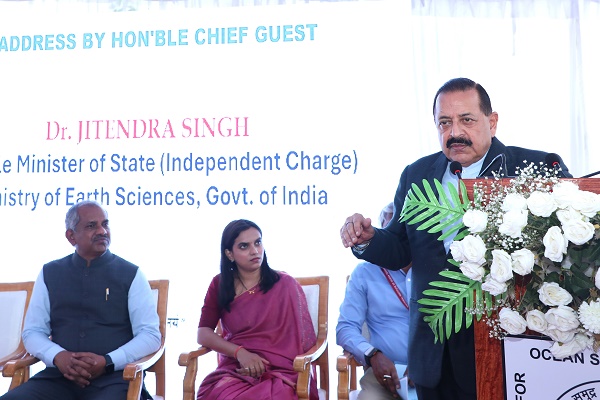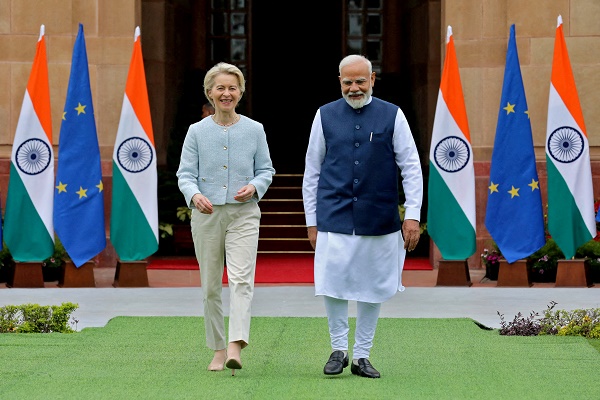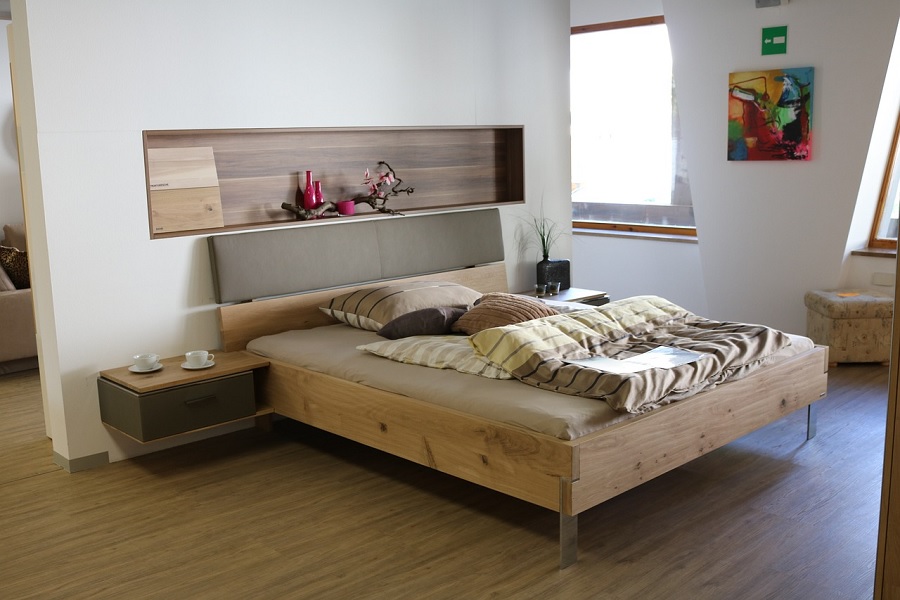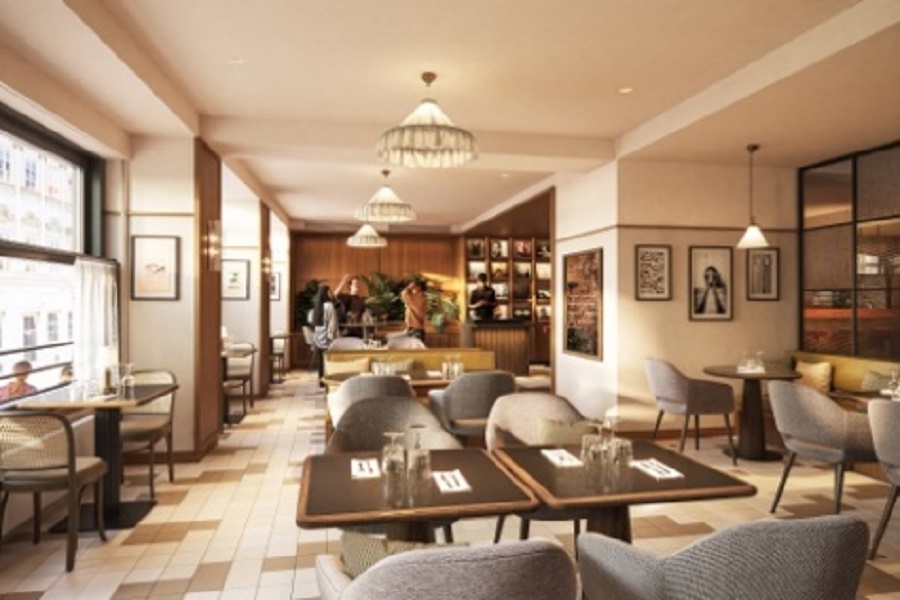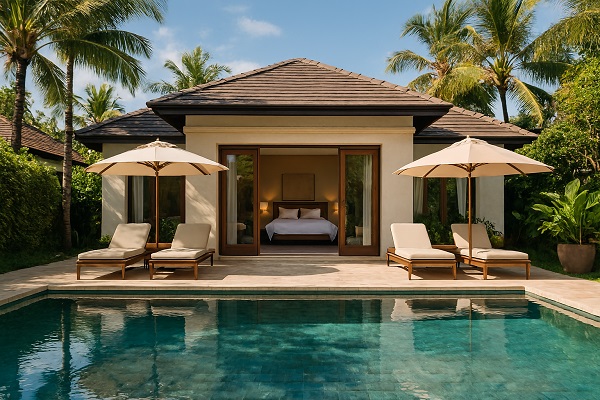Hotel and Accommodation Tourism: A Key Component of the Travel Experience

When planning a trip, one of the most crucial elements to consider is accommodation. The place where you stay can significantly influence your travel experience, as it’s not just a place to sleep but an integral part of your overall journey. From luxurious hotels and boutique stays to cozy homestays and eco-friendly resorts, the variety of accommodations available today reflects the growing importance of hospitality in tourism. Hotel and accommodation tourism encompasses the experiences travelers have while staying in different types of lodging, and it plays a pivotal role in the tourism industry.
What is Hotel and Accommodation Tourism?
Hotel and accommodation tourism refers to the exploration of different types of lodging options and their role in the tourism experience. Whether you’re staying in a five-star hotel in a bustling city, a remote eco-resort in the mountains, or a charming guesthouse by the beach, accommodation is often a reflection of the destination's culture, luxury offerings, and hospitality standards.
This segment of tourism is driven by travelers seeking comfort, convenience, and unique experiences, with the accommodation often becoming a destination in itself. Modern travelers are not just looking for a place to rest; they are looking for places that offer value, comfort, distinctive design, and sometimes, an experience that aligns with their values and lifestyle.
Types of Accommodation in Hotel and Accommodation Tourism
-
Luxury Hotels: Luxury hotels provide high-end experiences with top-notch service, fine dining, wellness facilities, and often, world-class views. These hotels are typically located in prime destinations, offering the best of comfort and opulence. Popular luxury brands include the Four Seasons, Ritz-Carlton, and The St. Regis, known for their exceptional services and exclusive offerings.
-
Boutique Hotels: These smaller, often independently owned hotels focus on providing a more personalized and unique experience. Boutique hotels typically emphasize style, design, and intimate settings, offering guests an opportunity to stay in a place that reflects the local culture and character. They are often found in trendy urban areas, historical districts, or picturesque towns.
-
Eco-Friendly Resorts: As sustainability becomes an increasingly important consideration in travel, eco-friendly resorts are gaining popularity. These resorts prioritize environmental conservation, using renewable energy, offering organic food, and promoting sustainable practices in everything from waste management to water conservation. Destinations like Costa Rica and the Maldives are home to several eco-friendly resorts.
-
Hostels: Hostels are a popular choice among budget travelers, particularly backpackers and young travelers. They offer shared dormitory rooms and common areas, providing affordable and social accommodation. Hostels also appeal to solo travelers who enjoy meeting new people, with many offering tours, cooking classes, and other social events.
-
Vacation Rentals: Platforms like Airbnb and Vrbo have revolutionized the accommodation landscape, allowing travelers to rent homes, apartments, or even unique spaces like treehouses and boats. Vacation rentals offer more flexibility, privacy, and often a more localized experience compared to traditional hotels. They’re especially popular among families, groups, and long-term travelers.
-
All-Inclusive Resorts: These resorts offer a completely package-based stay where guests pay for accommodation, meals, activities, and entertainment upfront. Popular for beach holidays and destination weddings, all-inclusive resorts are typically found in tropical destinations like the Caribbean, Mexico, and Southeast Asia, where guests can enjoy a hassle-free experience with everything provided.
-
Homestays: For travelers who prefer a more authentic and immersive experience, homestays offer the chance to stay with a local family. These accommodations often provide a more personal connection to the culture of a place, with the added benefit of home-cooked meals, local knowledge, and unique insights into local life.
-
Glamping (Glamorous Camping): Glamping is a growing trend in which travelers combine the experience of camping with the comforts of luxury. Glamping sites typically feature fully-equipped tents, yurts, or treehouses, offering a unique blend of outdoor adventure and cozy accommodation. Popular in remote locations and nature reserves, glamping allows travelers to connect with nature without sacrificing comfort.
The Importance of Accommodation in Tourism
-
Enhancing the Travel Experience: Accommodation is one of the main pillars of a traveler’s overall experience. A stay at a unique, luxurious, or culturally immersive property can enhance the quality of the trip, allowing travelers to fully unwind and enjoy their destination. In some cases, the hotel or resort itself becomes a part of the attraction, with architectural beauty, historical significance, or world-class amenities.
-
Convenience and Comfort: Travelers seek comfort, convenience, and safety when choosing accommodation. A well-located hotel with easy access to local attractions, public transport, and essential services can make a trip much more enjoyable. Comfortable bedding, clean rooms, reliable Wi-Fi, and friendly staff all contribute to a positive experience, making the accommodation choice critical to the overall enjoyment of the trip.
-
Cultural Immersion: Staying in locally owned or unique accommodations can enhance cultural immersion. Homestays, boutique hotels, and eco-resorts often reflect local culture, offering authentic experiences that can’t be replicated in mainstream hotels. These accommodations offer insights into local customs, cuisines, and traditions, allowing travelers to experience the destination more deeply.
-
Sustainability and Responsible Travel: More and more travelers are concerned about sustainability and environmental impact when it comes to their travel choices. Accommodations that prioritize sustainability – such as those using eco-friendly building materials, reducing waste, and supporting local communities – are becoming increasingly popular. Choosing these types of accommodations helps support responsible tourism.
-
Social Interaction and Community Building: For solo travelers, groups, and families, accommodation can offer an opportunity for social interaction and a sense of community. Hostels, guesthouses, and even boutique hotels often host social events like dinners, tours, or activities that help guests meet fellow travelers and share experiences. This community-building aspect of accommodation tourism is especially significant for younger travelers.
The Impact of Technology on Hotel and Accommodation Tourism
The digital age has revolutionized the way travelers book accommodation. Platforms like Booking.com, Airbnb, and TripAdvisor allow tourists to easily compare options, read reviews, and book their stays online. Virtual tours, room availability check-ins, and user-generated content are just a few examples of how technology is enhancing the accommodation experience. Additionally, hotel chains and independent properties are increasingly adopting smart technologies – such as contactless check-ins, voice assistants in rooms, and app-based services – to enhance guest convenience and satisfaction.
How to Choose the Right Accommodation
-
Location: The location of your accommodation is crucial. Choose a place that is conveniently located near the attractions you plan to visit or that offers easy access to transportation.
-
Budget: Accommodation costs can vary widely, so set a budget before you start looking. Remember that sometimes it’s worth paying a little more for added amenities, a great location, or exceptional service.
-
Reviews: Checking guest reviews on platforms like TripAdvisor, Google, or Booking.com can provide valuable insights into the quality of the accommodation, its service, and overall guest satisfaction.
-
Amenities and Facilities: Think about what amenities are important to you – free Wi-Fi, parking, a pool, a gym, or pet-friendly options. Be sure to choose accommodations that meet your specific needs.
-
Type of Experience: Consider the type of experience you want. Are you looking for a luxury escape, a cultural immersion, a relaxed beach vacation, or an adventure-filled getaway? Choose accommodations that align with your travel goals.
Conclusion
Hotel and accommodation tourism is a vital and evolving sector that greatly impacts a traveler’s overall experience. From luxurious hotels to unique homestays and eco-resorts, the wide range of accommodation options today cater to every taste, preference, and budget. With travelers seeking more than just a place to sleep, the accommodation itself has become a part of the journey, offering experiences, comfort, and cultural immersion that enhance the travel adventure. As the demand for personalized, sustainable, and unique lodging continues to grow, hotel and accommodation tourism will remain a key aspect of the tourism industry













